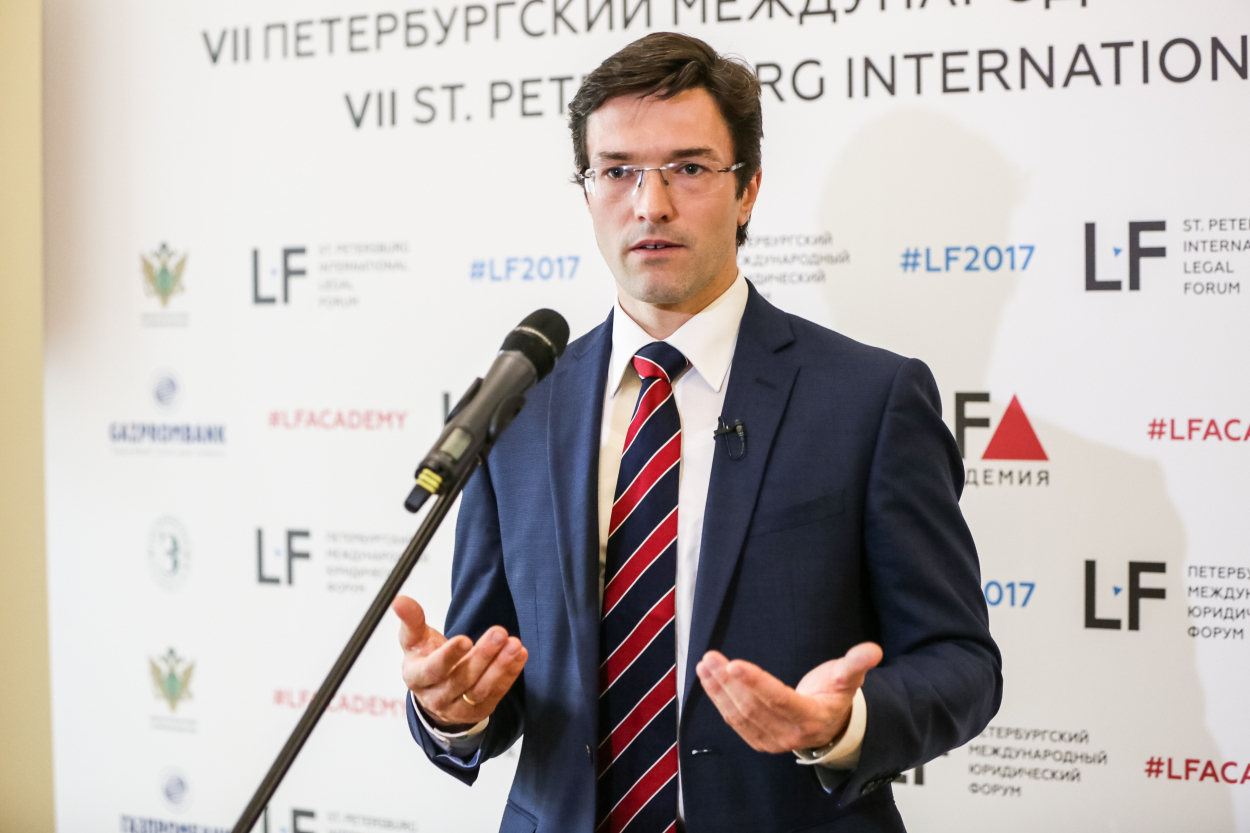A St Petersburg University expert: ‘It is necessary to teach to understand laws from school’

St Petersburg University scholars are conducting a study entitled ‘Understandability of the Official Russian: Legal and Linguistic Issues.’ During the study, the experts are trying to establish: whether legal documents can be written in such a way that they are understandable to an ordinary citizen; and what can be done to facilitate communication between a person and the state.
Sergei Belov is a co-author of the study, Dean of the Faculty of Law at St Petersburg University and Director of the Research Institute for the State Language. He has noted that we often come across legal texts, but we do not always understand them.
Mr Belov, first of all, could you please define what a legal document is?
This is a document that establishes rules of conduct that are binding on many people. Lawyers call such documents normative acts. These are such documents as laws, regulations for the sale of goods, or internal labour regulations in organisations. Also, there are court decisions and sentences, administrative orders and resolutions, and, to top it all, documents that effect transactions: contracts, consents, and wills.
These documents are used by a wide audience.
Absolutely, and each document has its own audience. Moreover, it is often even difficult to define it. For example, the law is addressed to the general public, and its addressees have completely different linguistic competence, which is difficult and sometimes impossible for a legislator to assess.
Doesn’t it mean that there will certainly be those who will not be able to understand this document?
The research is supported by a grant from the Russian Science Foundation (project No 19-18-00525 ‘Understandability of the Official Russian: Legal and Linguistic Issues’).
Surely. However, we must remember that, first of all, the content of the document should be understood by the person whose decision such a document draws up, who votes for it, and puts their signature under it. Deputies should understand the documents in relation to normative acts, citizens – in relation to transactions, officials – in relation to imperative orders.
Of course, the document should also be understood by those to whom it is addressed. This is important because legal documents concern their rights and obligations. Citizens usually do not have professional training for this.
Doesn’t it mean that the average citizen will not be able to understand such documents?
It is clear that not everyone can understand them. First, a special legal language differs from the usual, everyday language, and it is very difficult to perceive it without experience and habit. Secondly, many citizens have a psychological barrier. They do not even read legal documents, not believing that they can understand anything in them.
The content of documents can often be understood, but the main problem is the narrative form.
What is wrong with the form?
The language of legal documents is complicated not so much by some specific technical terms, but by grammatical structures that are difficult to understand.
Is it possible to solve these issues?
Definitely. In terms of terminology, it is necessary to make legal texts more clear to citizens through using common and familiar words as legal terms. Also, it is necessary to teach the features of legal texts at school, unify terminology in different areas of law, and make public dictionaries of the legalese.
In terms of syntax, to simplify texts, it is necessary to require: making short sentences; not using more than two words in the genitive case in a row; and organising the text into paragraphs and subparagraphs. However, the main thing is, and this is perhaps what is worth starting with, to explain to the authors of legal documents that their task is to strive to be understandable.

